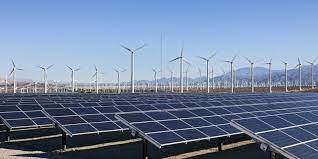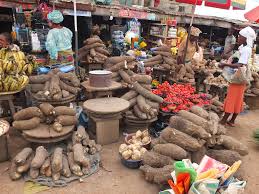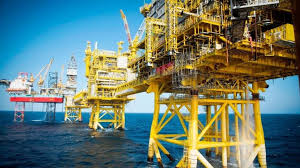A senior government official said on Friday that South Africa’s first virtual electricity transfer model will likely go online by the end of the year, which would help to alleviate the pressure on struggling state utility Eskom and quickly increase the use of renewable energy.
In order to prevent a grid collapse, Eskom has had to undertake record daily power cuts since last year, sometimes lasting up to 10 hours per day. This is due to the transmission grid’s deteriorating condition and Eskom’s aging plants.
The utility and Vodacom, the African division of Vodafone, announced a deal in August to implement a virtual wheeling electricity transfer model, which will let consumers purchase renewable energy from any producer anywhere in the nation.
As a result, it should be possible for smaller consumers like factories, housing cooperatives, and isolated buildings to access energy from major renewable producers.
During a conference, Minister of Electricity Kgosientsho Ramokgopa stated, “What we’re really trying to resolve is to make sure that we protect the South African economy from total collapse.”
The model is being developed by Eskom and Vodacom, and Onicah Rantwane, a distribution network expert at Eskom, predicted that it will be operational by the end of 2024.
A one-to-one relationship between large buyers and sellers is usual in traditional wheeling, which is the transmission of energy from a private renewable energy source to a customer through Eskom’s grid.
Through the use of a technology platform that combines supply and consumption data to generate a single bill for consumers, virtual wheeling brings together a number of buyers and sellers.
Sitho Mdlalose, the chief executive of Vodacom South Africa, told reporters that this would enable the company to power its 15,000 network facilities with renewable energy. That might be a huge relief for a sector where operators have had to spend billions on diesel generators and battery backups due to Eskom’s unreliable power delivery.





















